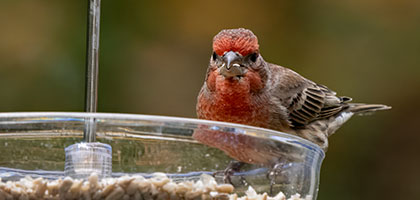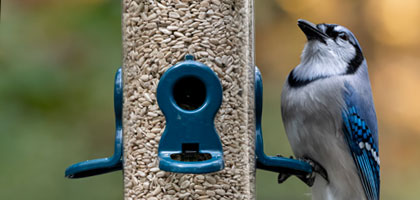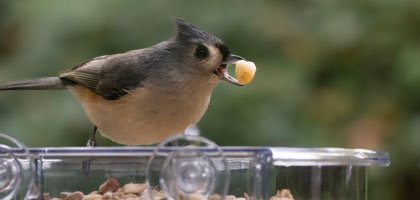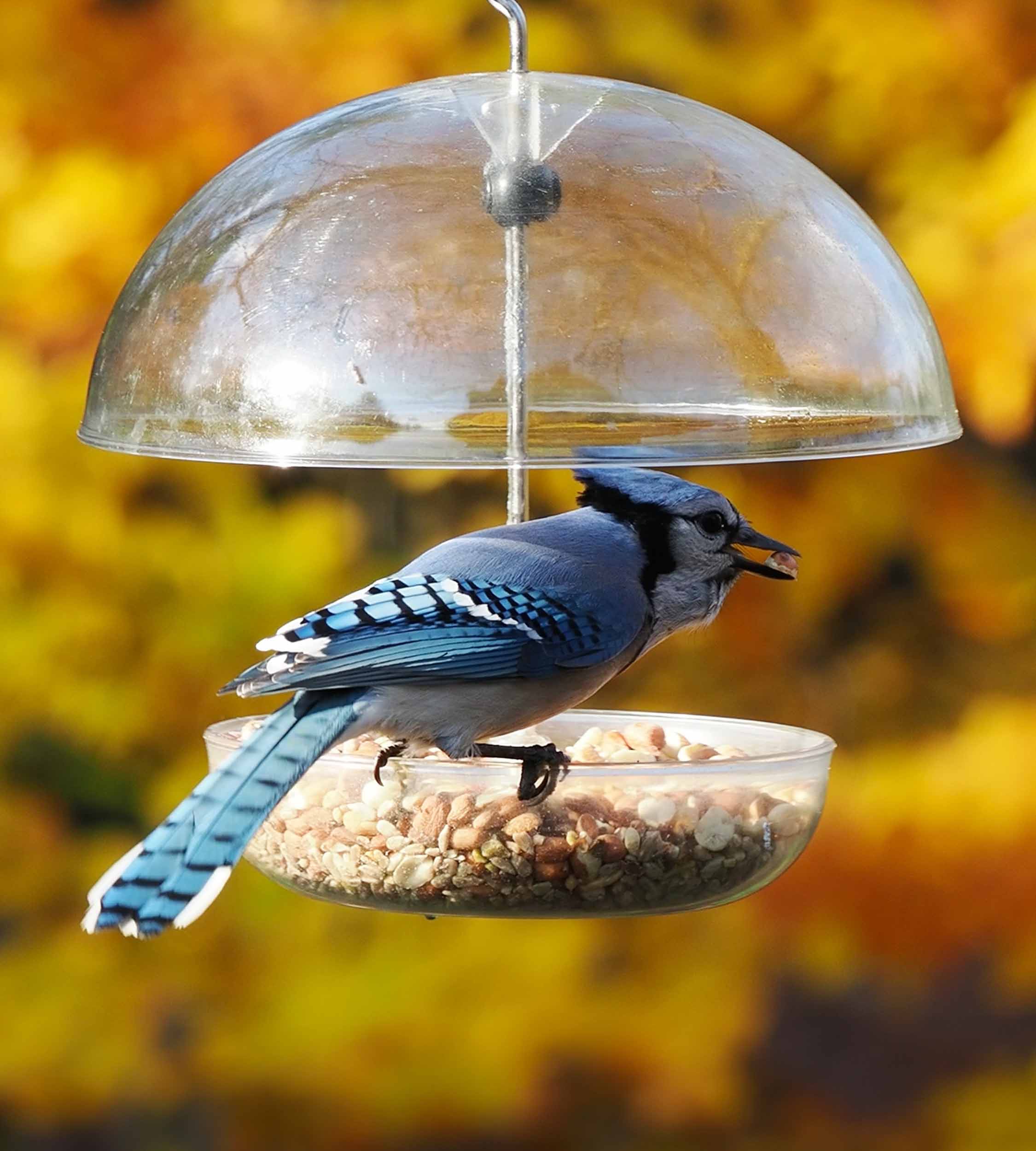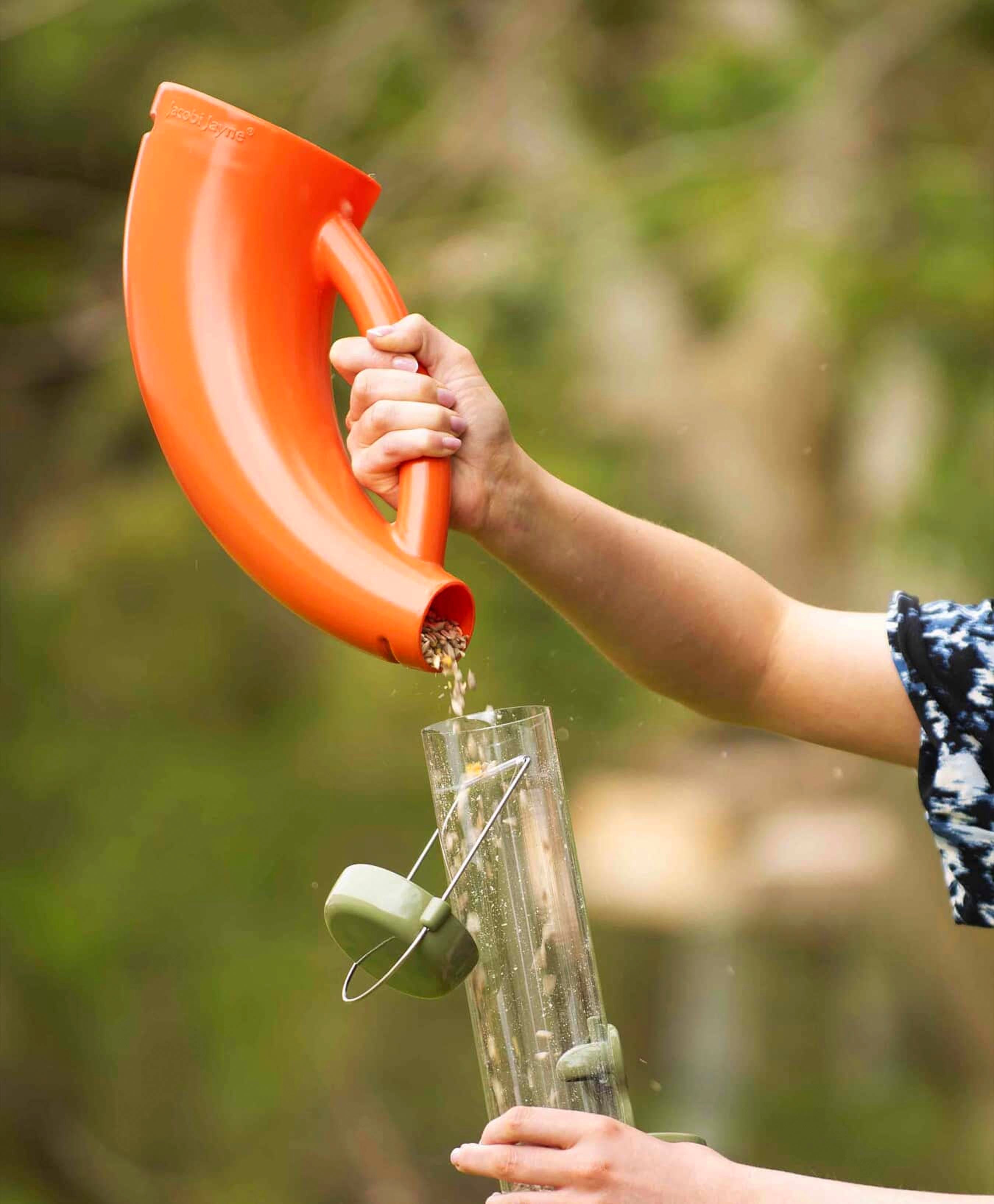Bird feeding is a rewarding hobby. It brings joy to bird enthusiasts and provides sustenance to our feathered friends.
One question often arises: Can birds eat sesame seeds? The answer is yes, but there's more to it.
Sesame seeds offer nutritional benefits to birds. They contain healthy fats, proteins, and essential minerals.
In this guide, we'll delve into understanding sesame seeds in bird diets. We'll explore their benefits, how to safely incorporate them into bird feeders, and which bird species enjoy them.
The Nutritional Profile of Sesame Seeds
Sesame seeds are not only tasty but also packed with essential nutrients. They provide a rich source of energy, perfect for birds, especially during colder months.
These seeds contain healthy fats, proteins, and a variety of vitamins and minerals. The nutrients in sesame seeds can aid in birds' overall health and vitality.
The nutritional content of sesame seeds includes:
- Healthy fats for energy
- Proteins to support growth
- Calcium for bone health
- Magnesium and zinc for metabolic functions
- Vitamin B1 for energy production
Their diverse nutrient profile makes them a beneficial addition to bird diets when used in moderation. This variety ensures that birds receive balanced nutrition, supporting their dietary needs.
Can Birds Eat Sesame Seeds?
Many bird lovers wonder, "Can birds eat sesame seeds?" The answer is yes, most birds can safely consume them. When unseasoned and hulled, they are a nutritious addition to bird diets.
Sesame seeds suit various bird types, from small finches to larger birds like cardinals. Offering sesame seeds in moderation ensures they provide benefits without overwhelming the bird's diet. As with all bird feeding, observing bird preferences and behaviors can help adjust offerings for optimal results.
Benefits of Sesame Seeds in Bird Diets
Sesame seeds offer numerous benefits for bird health. These tiny seeds are packed with nutrients that support energy, growth, and well-being. Including them in a bird's diet can enhance nutritional diversity.
Rich in healthy fats and proteins, sesame seeds provide essential elements needed for birds to thrive. They are particularly beneficial during colder months when extra energy is required. The added variety in diet can also make birds more resilient to seasonal changes.
Here's a breakdown of the key benefits of sesame seeds for birds:
- High in Essential Fats: Supports energy levels and feather health.
- Rich Source of Protein: Crucial for growth and muscle maintenance.
- Packed with Vitamins and Minerals: Includes calcium, magnesium, and zinc, vital for overall health.
- Promotes Digestive Health: Offers fiber that aids digestion.
- Boosts Immune Function: Essential vitamins help strengthen immune responses.
Incorporating sesame seeds into bird diets can lead to healthier, more active birds, attracting a more diverse array of species to feeders.
How to Safely Incorporate Sesame Seeds into Bird Feeders
Introducing sesame seeds into your bird feeder can be easy with some thoughtful planning. Start by ensuring that the seeds are unseasoned and hulled. This preparation makes them safe for birds to consume.
When mixing sesame seeds with other bird seed, choose a variety that complements their nutritional value. This combination provides a balanced diet. Remember to mix only a small portion of sesame seeds due to their high-fat content.
Consider the type of feeder you use when offering sesame seeds. Here are a few options to explore:
- Mesh Feeders: Ideal for small seeds like sesame.
- Nut Feeders: Designed to hold seeds securely.
- Window Feeders: Allow close-up observation of bird activity.
- Cage Feeders: Protect against larger animals and birds.
Introducing these seeds gradually helps birds adjust to the new food source. Monitor their behavior to ensure they are enjoying the new addition.
Choosing the Right Feeder for Sesame Seeds
Selecting the appropriate feeder is crucial for success. Mesh feeders are excellent choices because they prevent small seeds from spilling. They are specially designed for seeds like sesame, maintaining a clean feeding area.
For outdoor settings, consider feeders with adjustable openings. A small bird feeder with the correct opening size can enhance accessibility for species like chickadees and finches. This setup minimizes seed loss and ensures efficient feeding.
Preventing Waste and Pest Intrusion
Managing waste and deterring pests require strategic planning. Using a squirrel proof feeder can prevent squirrels and other creatures from accessing your seeds. This type of feeder reduces seed loss significantly and maintains a focused feeding environment.
Regularly clean the area beneath your bird feeders to avoid attracting unwanted pests, such as raccoons. Tidying up spilled seeds and debris discourages additional wildlife and preserves the area for birds. Adhering to these practices ensures a healthy and safe feeding setup.
Bird Species That Enjoy Sesame Seeds
Many bird species are attracted to sesame seeds due to their nutritional benefits. These seeds can appeal to a diverse range of birds with different feeding habits. Observing which species frequent your feeders can provide clues about their food preferences.
Birds like finches, cardinals, and chickadees often enjoy sesame seeds as a part of their diet. Some other species that might also appreciate these seeds include:
- Bluejays
- Bluebirds
- Woodpeckers
- Orioles
Providing a variety of seed mixes, including sesame seeds, can support a lively and diverse bird community in your backyard.
Potential Risks and Considerations
Offering sesame seeds to birds comes with certain considerations. One key concern is the potential for the seeds to be seasoned or salted, which can be harmful. Always ensure that sesame seeds are unseasoned and hulled to avoid any adverse effects on bird health.
Feeding sesame seeds should be done in moderation due to their high fat content. Overconsumption can lead to health issues in birds. It's also important to store sesame seeds properly to prevent spoilage, preserving their nutritional integrity. Monitoring the birds' response and adjusting feeding quantities is essential for their well-being.
Best Practices for Feeding Birds Sesame Seeds
Feeding birds sesame seeds requires attention to detail. Start by gradually introducing sesame seeds mixed with other types of bird seed. This helps birds become familiar with the new food and reduces the risk of them ignoring it. Always ensure that fresh water is available nearby to aid digestion.
Adopting best practices helps maintain a healthy bird feeding environment. These include:
- Regularly cleaning bird feeders to prevent disease spread.
- Using a squirrel proof feeder to protect seeds from pests.
- Observing bird behavior to adjust feeding plans as needed.
These steps encourage a balanced approach, promoting the well-being of the birds while enjoying sesame seeds.
Conclusion: Embracing Variety in Bird Diets
Incorporating sesame seeds into bird diets adds nutritional variety. Diverse offerings attract different bird species, enriching the bird feeding experience. By providing a mix of seeds, including sesame, feeders support bird health and ensure dynamic birdwatching. Encourage sharing of bird feeding successes with others, strengthening community engagement in bird conservation.
